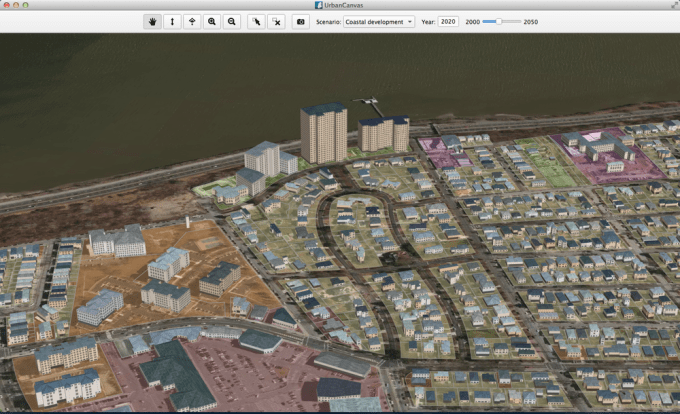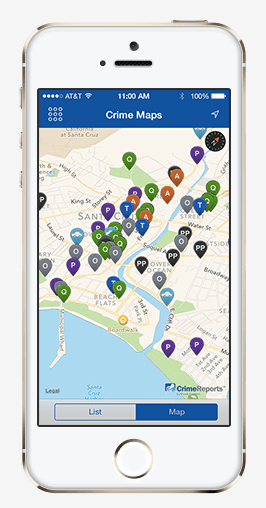
While heavily funded companies like Airbnb, Lyft and Uber capture the spotlight as companies that controversially shape city life around transportation and space, cities and their governments have a whole bunch of behind-the-scenes needs too.
That’s the premise behind San Francisco’s entrepreneur-in-residence program, which pairs tech founders with city government workers in everything from the planning department to the transit agency. This is “civic tech,” or software that aids local governments in responding to the needs of their citizens. Think of it as a form of enterprise software for governance.
In San Francisco’s EIR program, six startups voluntarily work alongside city officials for 16 weeks. (No, there isn’t some kind of equity component where the city invests in companies. Entrepreneurs get the benefit of learning first-hand alongside their prospective government customers.)
Six companies showed off prototypes or concepts in City Hall this morning:
Berkeley-based Synthicity would be a pretty cool tool for people who had childhood obsessions with Will Wright’s SimCity. It’s a software tool for urban planners that lets them test all kinds of scenarios on the fly around building heights and setbacks. It factors in existing regulations and market factors that may or may not make a project pencil in financially for developers.
“It’s a complex problem because market forces, regulations and design all interact in very complicated ways with economic, environmental and social impacts,” said Jason Oliveira, a product manager who presented Synthicity. “We ask what the impacts are if height limits are changed, whether rents go up or down, whether construction or financing costs change, whether green space is needed or whether more affordable units are needed.”
The company was founded by UC Berkeley’s current chair of the city and regional planning department Paul Waddell.
 MobilePD is an app for city police officers, that lets them pull up interactive crime maps or field interviewing records on the fly.
MobilePD is an app for city police officers, that lets them pull up interactive crime maps or field interviewing records on the fly.
“Now officers walking around the streets of San Francisco carrying mini-police departments in their pocket,” said the startup’s vice president of business development Jamieson Johnson.”
Birdi is an Internet-of-things detector that measures air quality and poisonous fumes like carbon monoxide. It tracks temperature, humidity along with pollen and particulate counts.
Co-founder Mark Belinsky said that while people perceive outdoor air to be full of pollution like car exhaust, indoor air is usually less healthy.
“Indoor air is often two to eight times more polluted. The question is what can we do about it?” he said.
BuildingEye could be a NIMBYist’s dream (except that’s not the intent.) They’re a software startup that makes permit and noticing information about construction and development easier to discover through a mapping interface.
Indoo.rs worked with the San Francisco International Airport on enhanced navigation and location-based services. They are set to launch an app tomorrow that will help the blind and visually impaired passengers make their way through an airport terminal to their right gate. Indoo.rs’ technology can also be used to take in real-time sensor data about flows of people and congestion through an indoor space.
Lastly, ReGroup worked on emergency group messaging that could give people up to a minute’s notice about an impending earthquake based on sensor data. They worked with the San Francisco Department of Emergency Management to create something akin to those federal AMBER alerts that you see on your phone when a minor goes missing. In this case, you’d get a message about an earthquake that sensors have detected tens or hundreds of miles away before it reaches you, giving anywhere from a few seconds to two minutes to find shelter.